We are humbled and excited to have interviewed Dr. Laurie Mintz, one of the biggest voices on Orgasm Equality. Through her classes, books, blogs and speeches she is educating us all and challenging the way we understand sex (no pressure). She is a fantastic feminist role model with a lot to share!
Who is Dr. Laurie Mintz?
I am a 60-year old feminist author, therapist, professor, and speaker. My life’s work has been committed to helping people live more authentic, meaningful, and joyful lives through the art and science of psychology.
As a tenured Professor at the University of Florida, I teach the Psychology of Human Sexuality to hundreds of undergraduate students each year. I also teach and mentor graduate students in both their clinical and research training, helping them to find their own niche as psychologists. I have published over 50 research articles in academic journals and six chapters in academic books. I have been honored to receive numerous professional and teaching awards and to have been named a Fellow of the American Psychological Association, indicating that my work has had a positive national influence on the field of psychology.
I am also the author of two popular press books—both written with the aim of empowering women sexually: Becoming Cliterate: Why Orgasm Equality Matters and How to Get It (HarperOne, 2017) and A Tired Woman’s Guide to Passionate Sex: Reclaim Your Desire and Reignite Your Relationship (Adams Media, 2009).
With this same goal of providing scientifically-accurate, sex-positive information to enhance female pleasure, I give presentations and workshops to professionals and lay audiences, blog for Psychology Today, and speak to reporters in national and international media.
For over 25 years, I have also maintained a small private practice, working with both individuals and couples on general and sexual issues. Among my greatest honours is supporting my clients during difficult times, as well as helping them make positive changes and reach life goals.
What is the orgasm gap and how did you make it your goal in life to close it?
The orgasm gap is the consistent finding in the research literature that when cisgender women and cisgender men have sexual encounters, the men have substantially more orgasm than the women do. I was inspired to write a book about it and make it a goal to close it based on my students’ experiences. To explain, I teach Psychology of Human Sexuality to over 150 students a year and through teaching this class, I became acutely aware of the pain behind the orgasm gap—that is, many young women thinking they were flawed and that something was wrong with them, as well as many young men struggling with performance pressure to “give” a woman an orgasm. Upon teaching my students about the underlying causes of the orgasm gap and about female anatomy and pleasure, my students consistently told me things along the lines of “Thanks to this class, I am orgasmic” or “Thanks to what I’ve learned in this class, my girlfriend is now orgasmic.” I thus wanted to spread the knowledge more broadly to empower young women to orgasm and to close the orgasm gap,How does a feminist sexuality looks like for you?
Sex Positive Feminism is to me:- Embracing of all gender and sexual identities
- Empowering all bodies for pleasure and orgasm
- Affirming of any and all forms of consensual sex
- Intersectional
What is next for you? after a Ted talk, 2 books, and excel as speaker, therapist and professor. What is the next thing? (if any!)
I am in the midst of contemplating this. At this point, my tentative plan is to work to speak more nationally and internationally, spreading sex-positive messages. I also have an idea for a third book sprouting…
What is Feminism for you?
It’s really pretty simple for me. It is both a movement and a core identity for me, both of which revolve around the idea of activism aimed at social justice and equality.Which “everyday sexism” really bothers you?
Our language around sexuality really bothers me. (I address this in my TEDx talk and have a whole chapter in my book, Becoming Cliterate, about this). To explain, the language we use both reflects and perpetuates the overvaluing of male pleasure and the devaluing of female pleasure that is at the heart of the orgasm gap. We use the words “sex” and “intercourse” as if they were one and the same, and refer to all that comes before intercourse as “foreplay” as if it were just a lead up to the main and most important event—despite the fact that foreplay includes the type of clitoral stimulation most likely to bring those with vulvas to orgasm and that most people with vulvas do not orgasm from penetration alone. Think about this. If the tables were turned, we’d call foreplay sex and intercourse post-play! (But, I am not suggesting we turn the tables, just that we equally value both clitoral stimulation and penetration). Along these same lines, we call our entire genitals a vagina, therefore naming our genitals by the part most useful to men and linguistically erasing our most erotic organ. This is the type of insidious sexism in language that seems so normal that we often don’t even notice it.Do you remember when you start identifying as a Feminist and why?
Yes, I do. It was at the start of my freshman year in college. I attended a school where women were only recently admitted and there was rampant sexism (e.g., a professor starting his first class by saying he didn’t think women belonged here). I was part of a group of women who started a feminist organization to advocate for more equality and inclusion on campus.
Who is your biggest feminist role model?
There are so many that it is hard to narrow it down to one. Still, I will say that both Mary Pipher and Harriet Lerner were role models for me in my doctoral training. They are both psychologists and prolific feminist authors. I wanted to grow up and be like them when I was pursuing my Ph.D.What is your favourite Feminist quote?
It’s perhaps a bit overused and old, but I will always love the saying that “The personal is political."
What is your proud feminist victory?
Publishing “Becoming Cliterate” and thereby drawing attention to the way that insidious sexism affects our sex lives.
What is your feminist recommendation?
- Book: Can I list two? The Handmaids’ Tale and its recent sequel, Testaments (both by Margaret Atwood)
- Tv show Can I list three? Grace and Frankie, Insecure, and Crazy X-Girlfriend
- Film The Color Purple (also a book) and the classic, Thelma and Louise
What is your feminist call of action to whoever is reading?
It’s time to stop being so well-adjusted to the injustice (Dr Cornell West). This quote applies to all forms of injustice in our culture, including but not limited to sexism, racism, homophobia, and transphobia,
You can also read the piece she shared for us about the orgasm gap here.
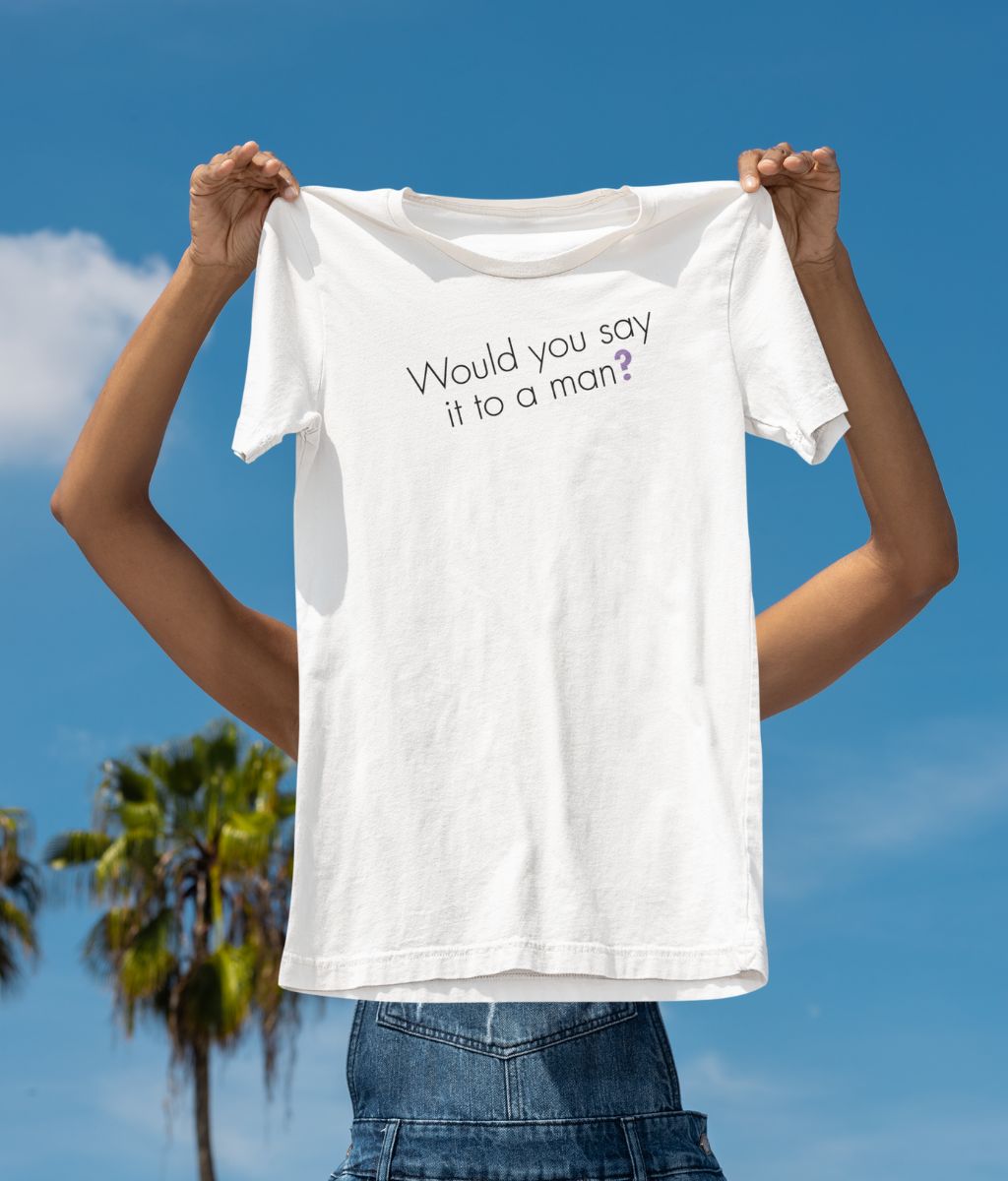
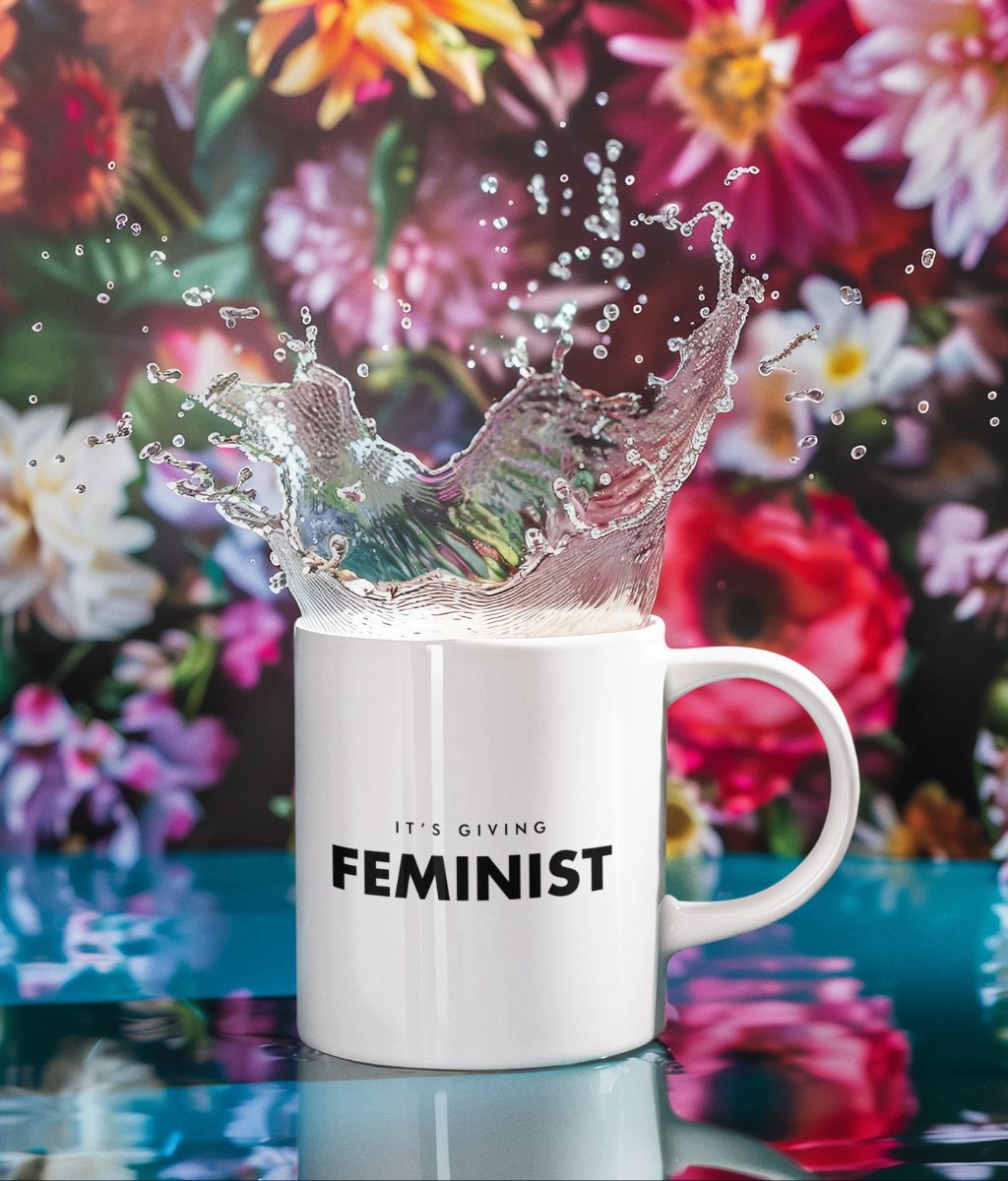
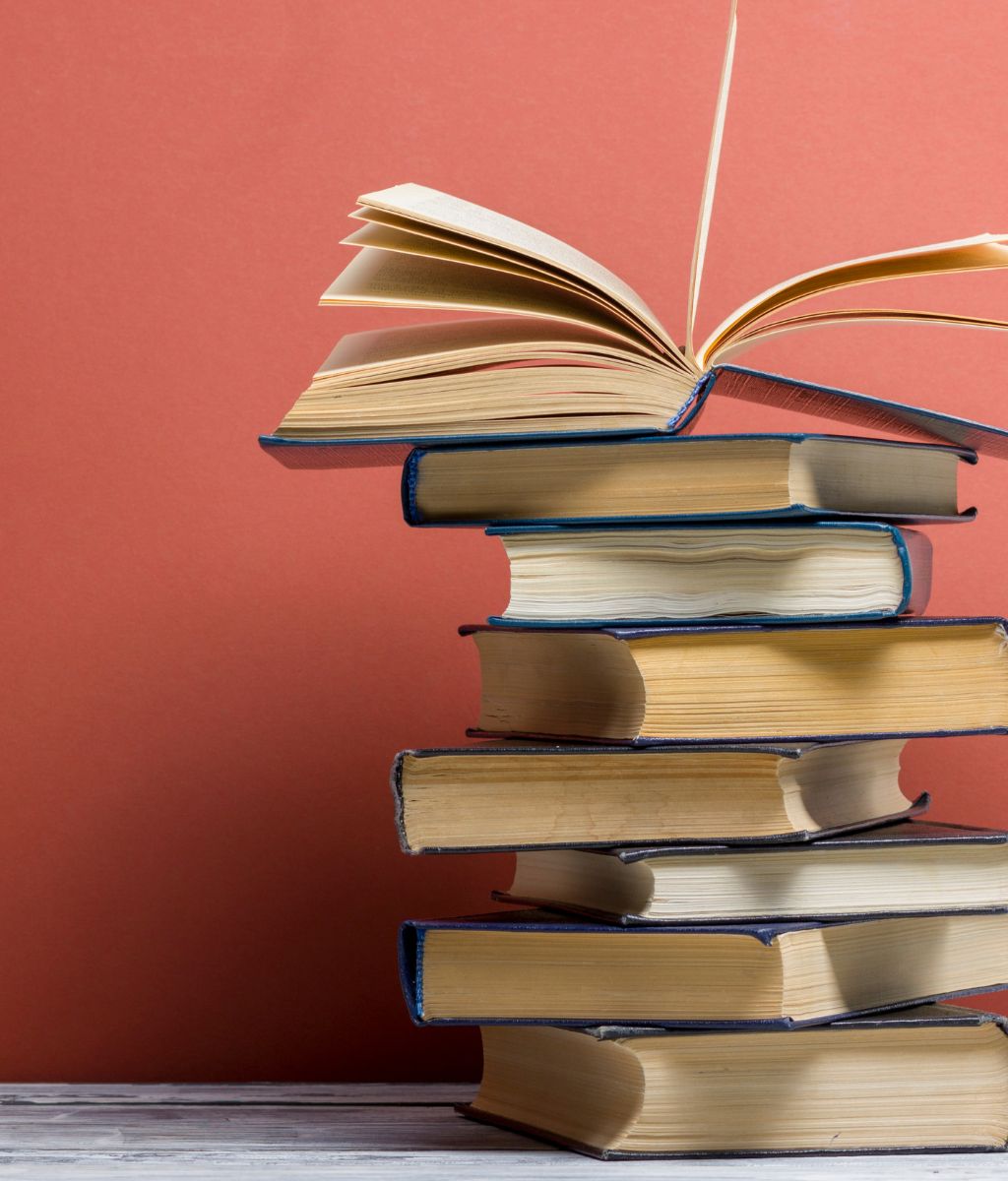
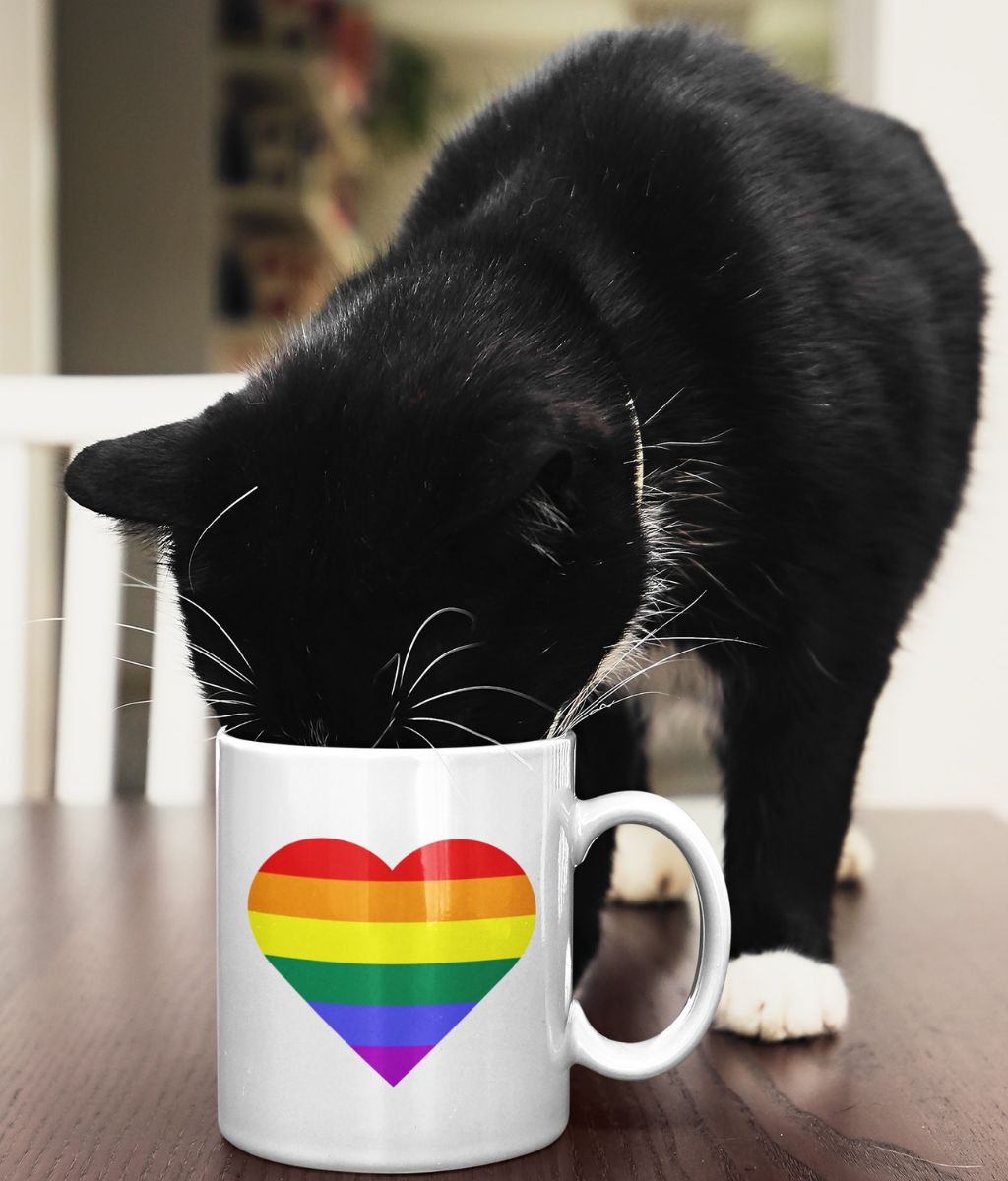
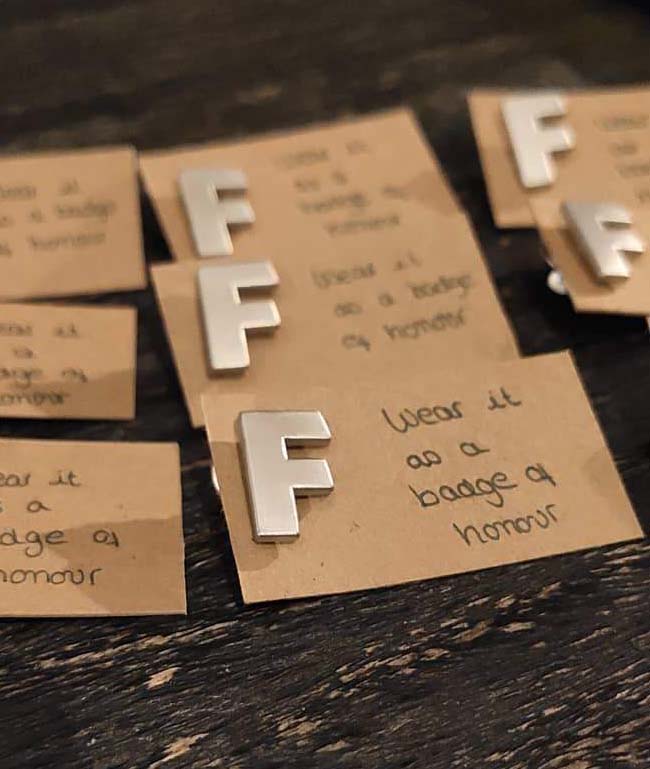
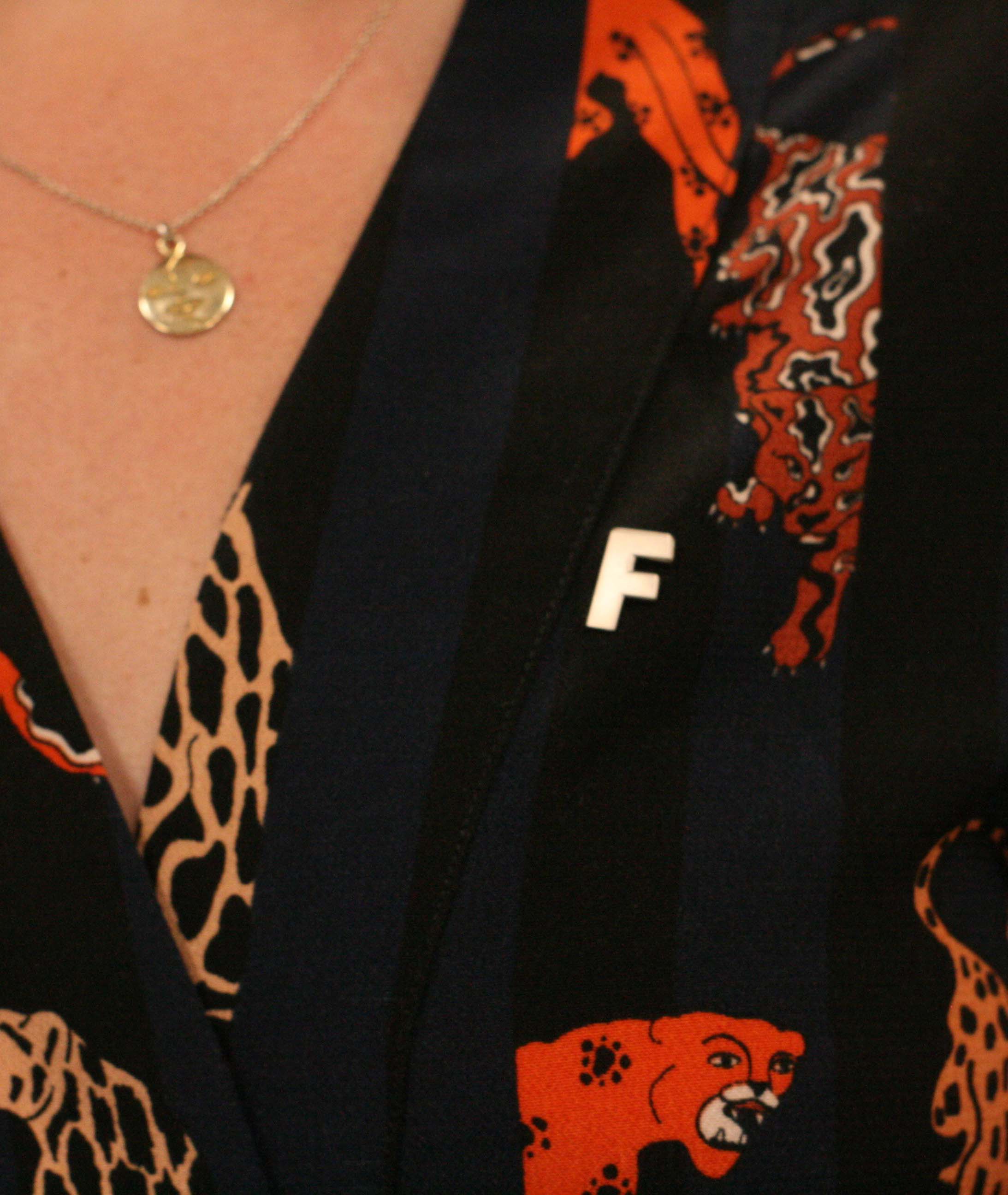
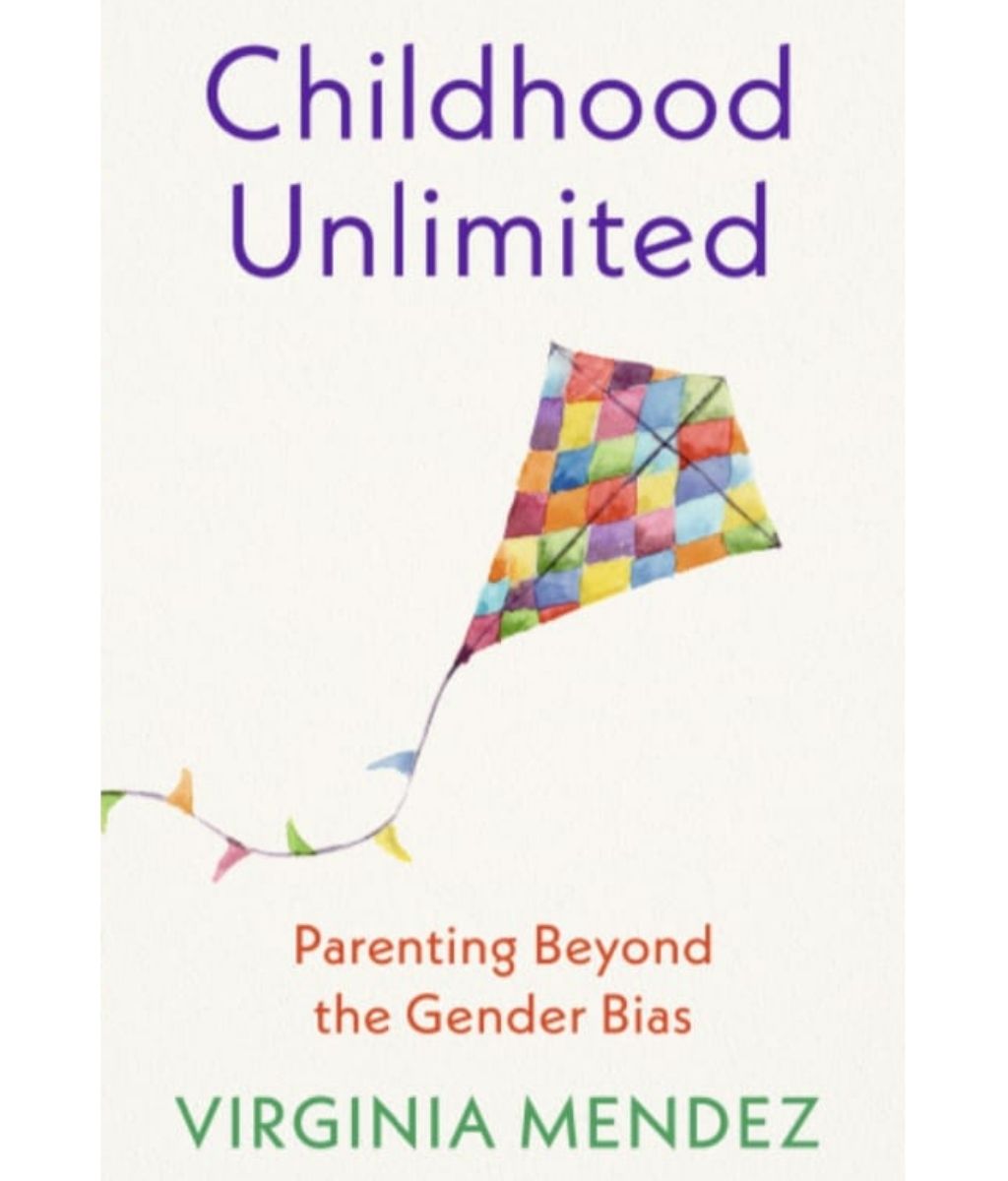
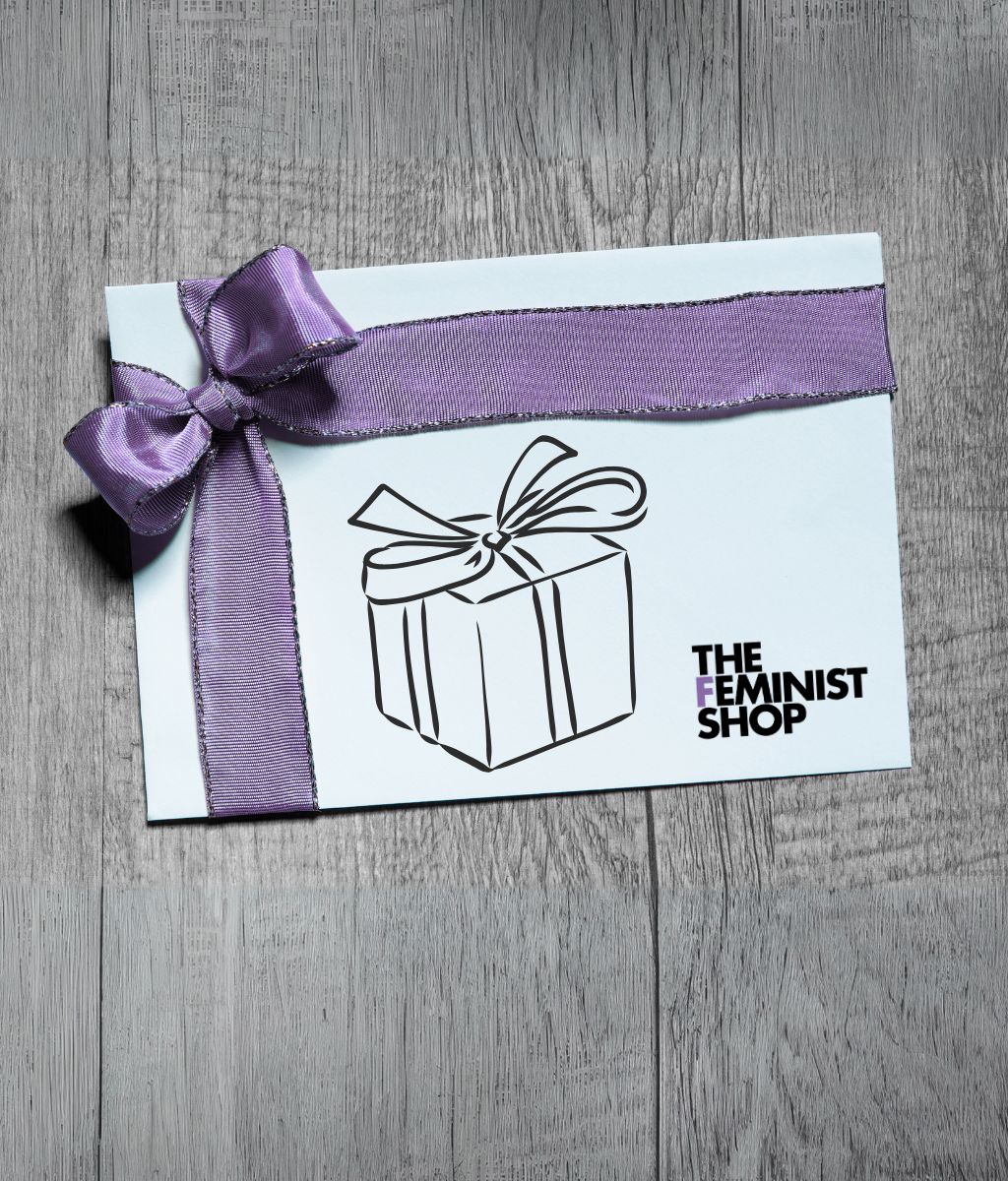
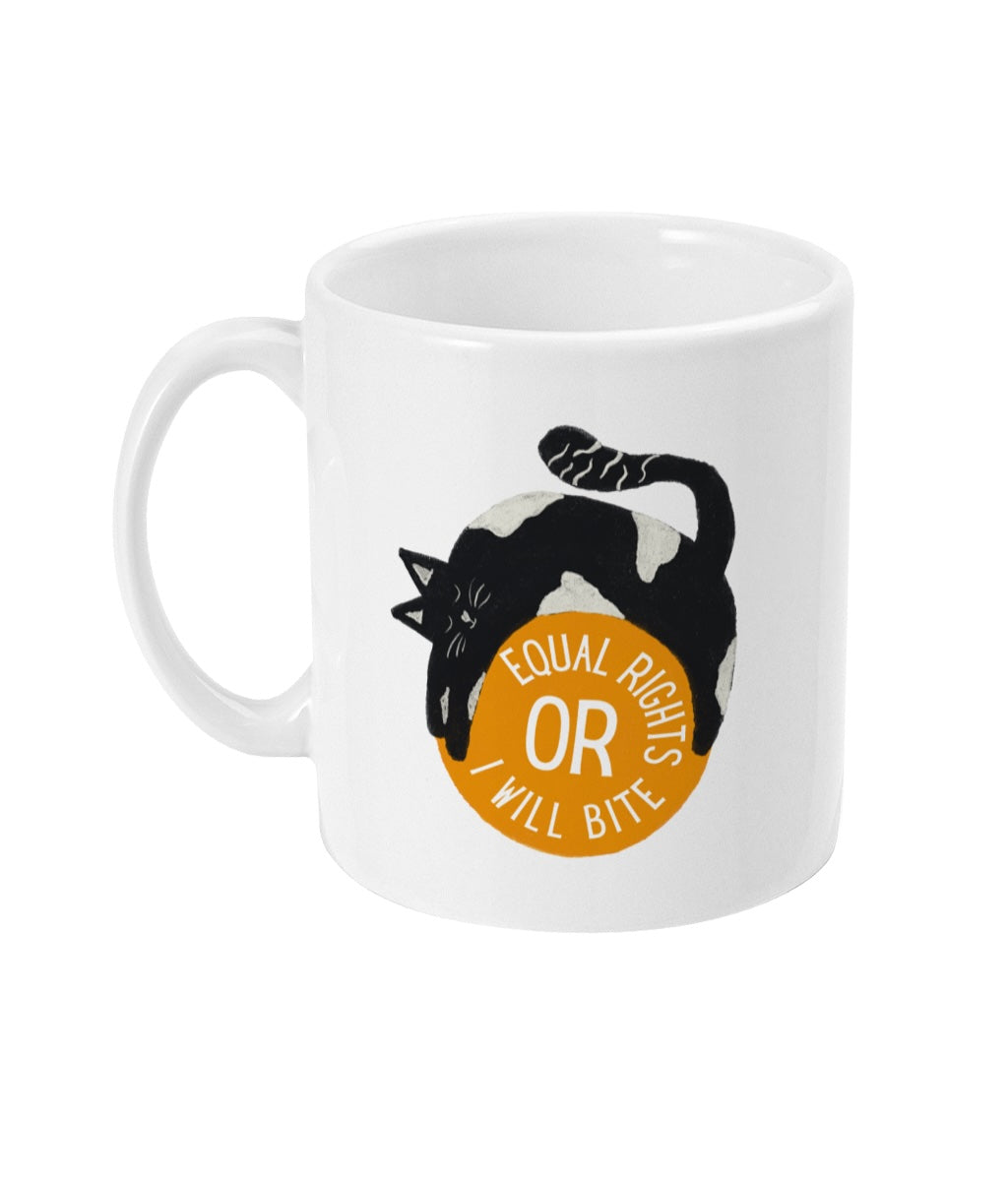
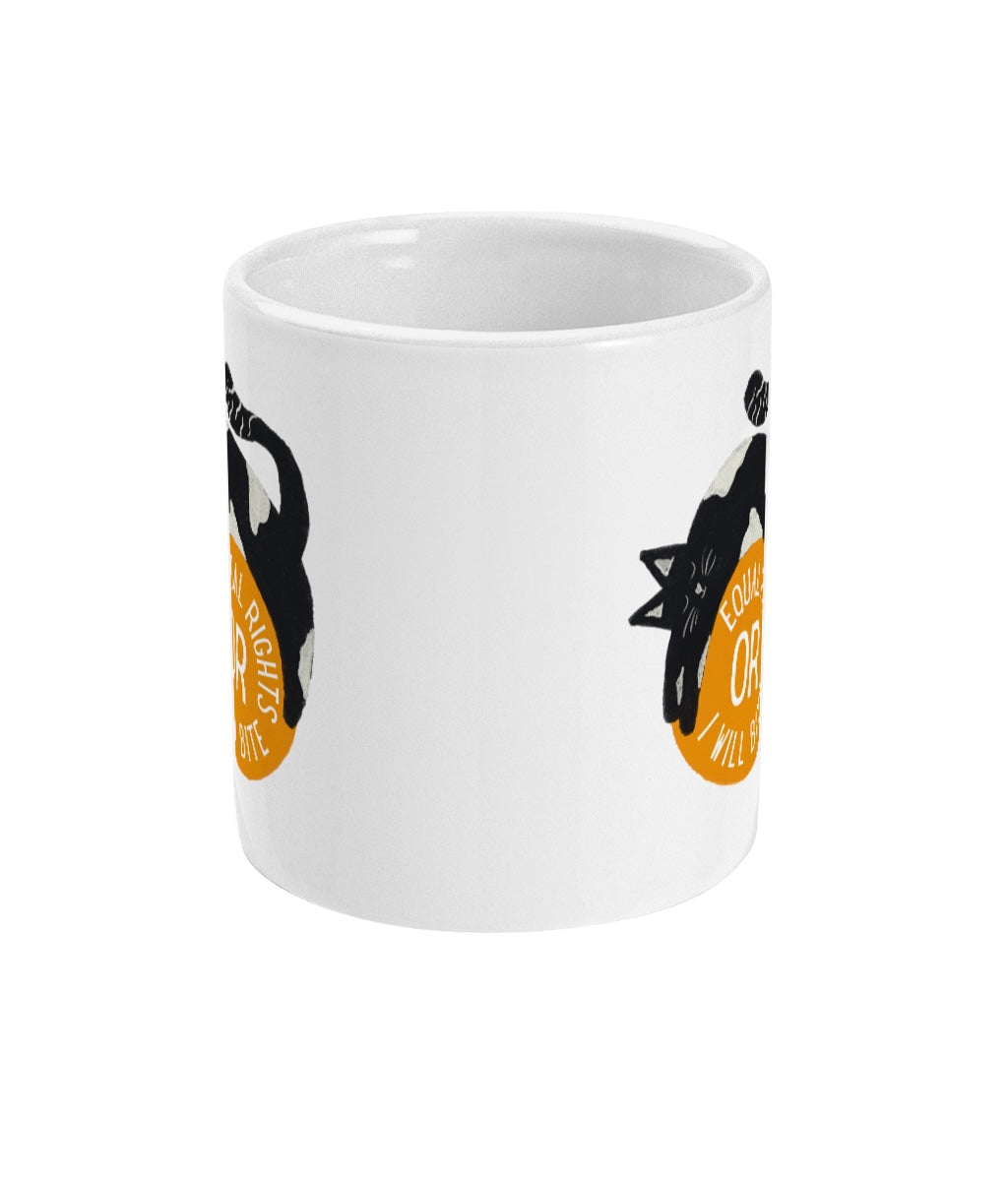
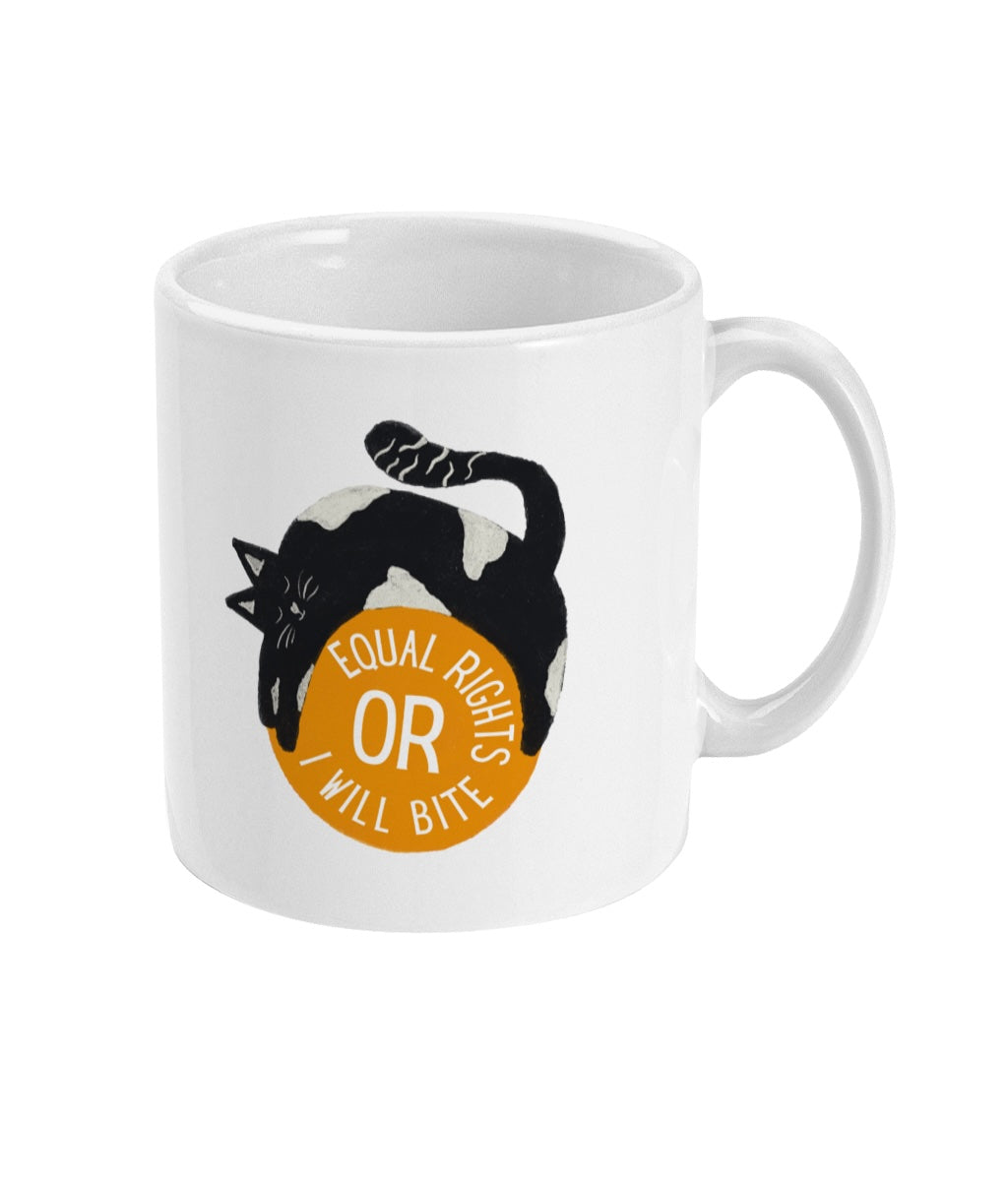
0 comments